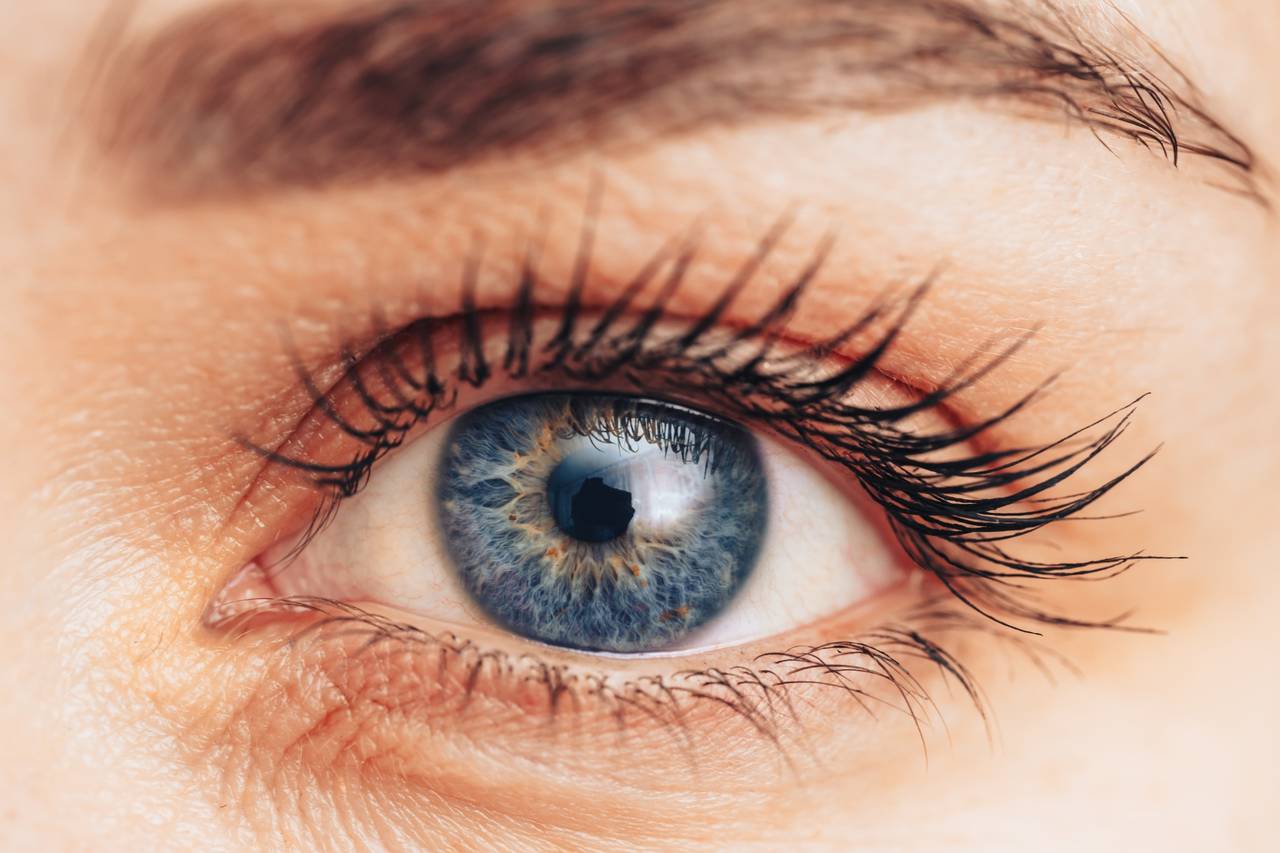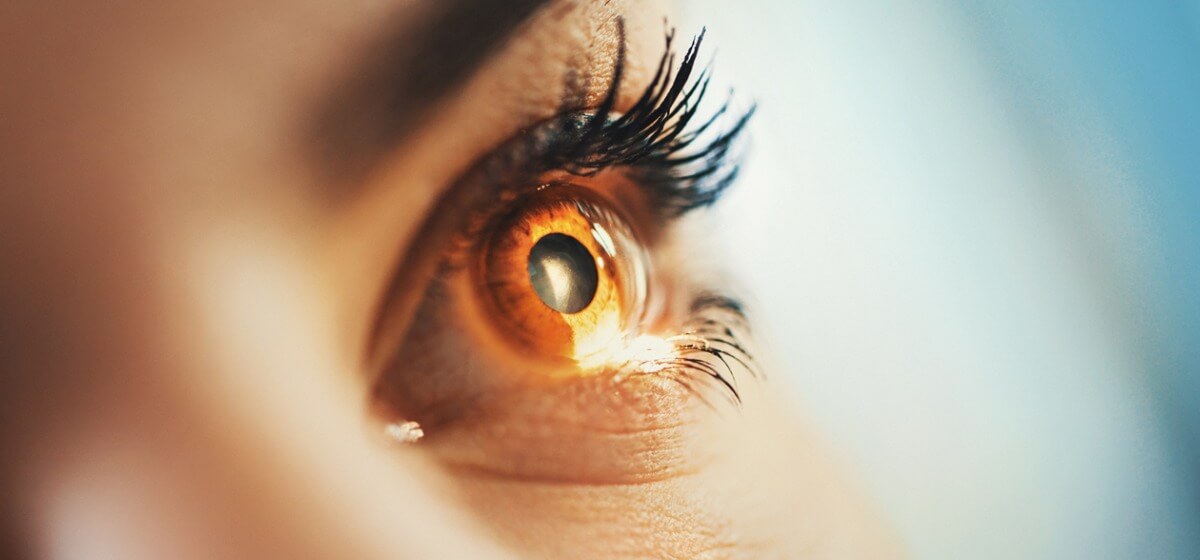What Can Retinal Imaging Detect?

While an eye exam assesses the health of your eyes, you might be surprised to learn that a close look at your retina can reveal much more than just the state of your vision. It can offer a glimpse into your overall health, sometimes detecting serious health conditions before you even have symptoms.
This article provides details on the benefits of retinal imaging for overall health.
What Is Retinal Imaging?
Retinal imaging is a painless and non-invasive procedure that takes a high-resolution digital picture of the back of your eye. This part of your eye, called the retina, is the only place in your body where blood vessels can be seen directly. This allows your provider to check the health of your retina and the blood vessels.
During the procedure, you sit in front of a machine and rest your chin and forehead on a support. Your provider has you look at a light while the machine takes a picture. Sometimes, they may use eye drops to dilate your pupils to get a wider view of the retina. The entire process is quick, usually taking around 10 minutes.
Eye Conditions Detected by Retinal Imaging
Retinal imaging is a key tool for detecting eye problems, often in their earliest and most treatable stages. Some of the common eye conditions that can be identified include:
- Diabetic retinopathy
- Glaucoma
- Macular degeneration
- Retinal detachment
- Eye cancers
- Macular pucker or hole
Early detection of these conditions is crucial. For instance, diabetic retinopathy, a complication of diabetes, can lead to blindness if left untreated. Similarly, glaucoma often has no early symptoms, so a retinal scan can be the first sign of this common disease.
Beyond the Eyes: Retinal Imaging and Your Overall Health
Here is the surprising part. The health of the blood vessels in your retina can reflect the health of blood vessels throughout your body. This means retinal imaging can help detect signs of systemic health conditions, including:
Diabetes
Damage to the retinal blood vessels can be one of the first signs of diabetes.
High Blood Pressure
Changes in the arteries of the retina can indicate high blood pressure.
Certain Cancers
Cancers like leukemia and lymphoma can sometimes be detected through a retinal exam.
Autoimmune Disorders
Conditions like multiple sclerosis can cause inflammation of the optic nerve, which can be seen with retinal imaging.
How Providers Address Detected Conditions
If retinal imaging reveals a potential health issue, your provider will discuss the findings with you. The course of action will depend on the specific condition detected.
If a systemic health condition is suspected, your provider will likely recommend further testing to confirm the diagnosis. They may also suggest lifestyle changes or refer you to a specialist for further evaluation. The key is that retinal imaging can provide an early warning, allowing for timely intervention and a better prognosis.
Retinal imaging is more than just a part of a routine eye exam. It’s a powerful tool that can provide valuable insights into your overall health. By getting a clear view of your retina, you and your provider can take a proactive approach to protecting both your vision and your well-being.
If you have questions about eye health in relation to overall health, your primary care provider is a good place to start.
Call 1.855.402.8572 to learn more about retinal imaging, or visit our provider directory to find a Baptist Health radiologist.
Next Steps and Resources
Learn More About Imaging/Diagnostics
Which Imaging Has The Most Radiation?
AI and the Future of Medical Imaging
Should I Get Retinal Imaging?



